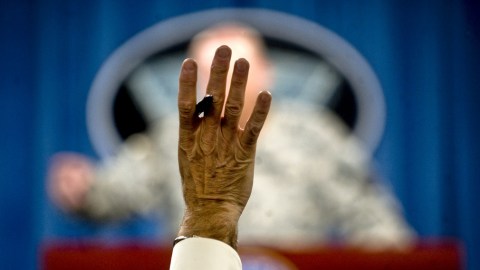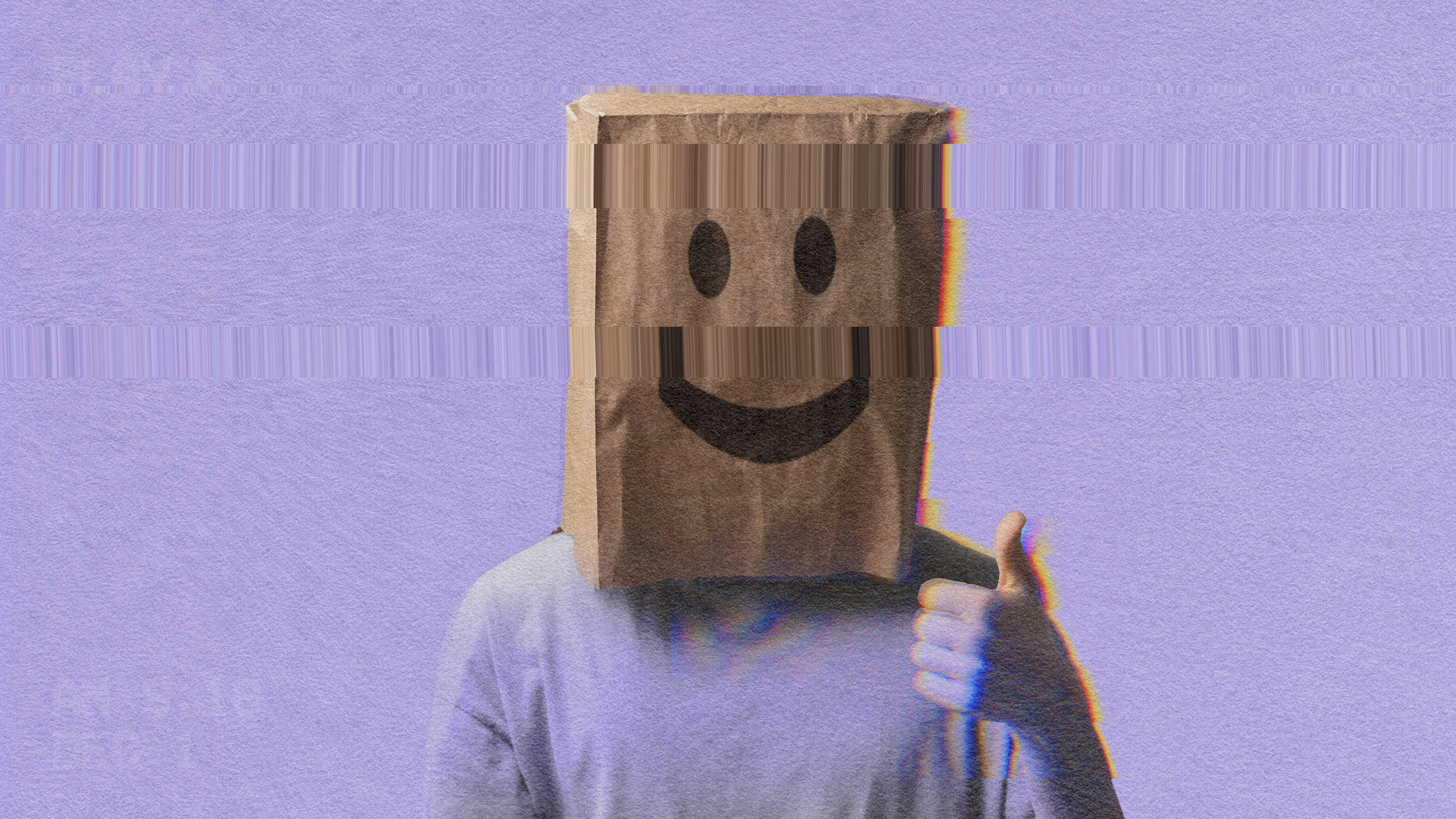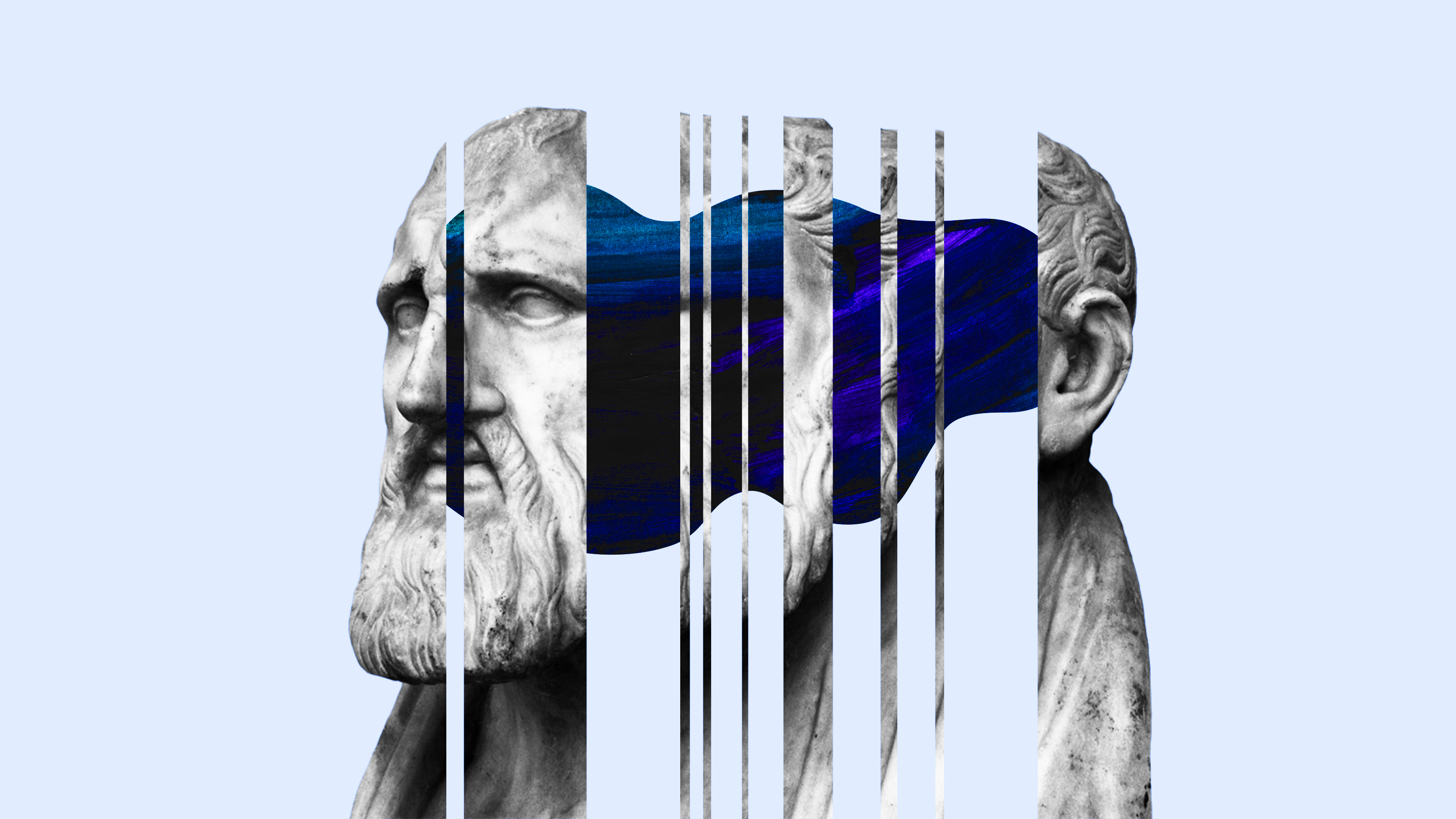Speak Up, and Say Unpopular Things

Big Think spoke to The New York Times chief theater critic, Ben Brantley, about the present and future state of journalism and online criticism.
Big Think: Generally speaking, what do think the state of journalism is right now?
Ben Brantley: Journalism is frontier land right now. I don’t think we’ve seen how it’s all going to shake out. It’s very exciting, but in terms of how journalism can make money on the web I don’t think that has been successfully determined, how information can be vetted when anyone can sit down and blog and say I saw X on the street handing money to Y. It’s a wild and wooly time. It’s an exciting time, but I’ve noticed that people who make predictions in this way are almost invariably wrong, so I will refrain from prophecy, but I do think it’s a terrifically exciting time for journalism.
BT: Do you have any advise for journalists, especially critics?
Ben Brantley: Critics have a luxury I didn’t when I was starting off, which is they can just set up their own site, write their own blog and get their voices out there and if they’re eloquent enough, if they’re strong enough, I do think people will listen. There is a lot of gossip on the Internet, a lot of ‘hey have you seen this going on,’ so speak up, I say. Speak up on the Internet and you want to get attention, say unpopular things. It’s dangerous, but it certainly gets you publicity.
BT: How do you feel about people building a personal brand?
Ben Brantley: Yeah, unfortunately I don’t think self-branding necessarily goes hand-in-hand with genuine talent. I mean who is the more successful brand in the past year other than Bethany? Do you know? I mean these people from reality shows, and in England it’s even worse. I mean there is poor Jade Goody who died on camera. She couldn’t exist without being a brand name. When she was sick she invited the cameras into her house. She had been a contestant on Big Brother and I think it’s partly an addiction to fame. That is another way in which it’s a frontier land. I mean the old Andy Warhol thing about everyone eventually being famous has come true to the extent that if you want to I think you can be, if you’re shameless enough, if you’re willing to put yourself out there, but no one really knows how to navigate it and I think instant fame can really screw up your mind.




